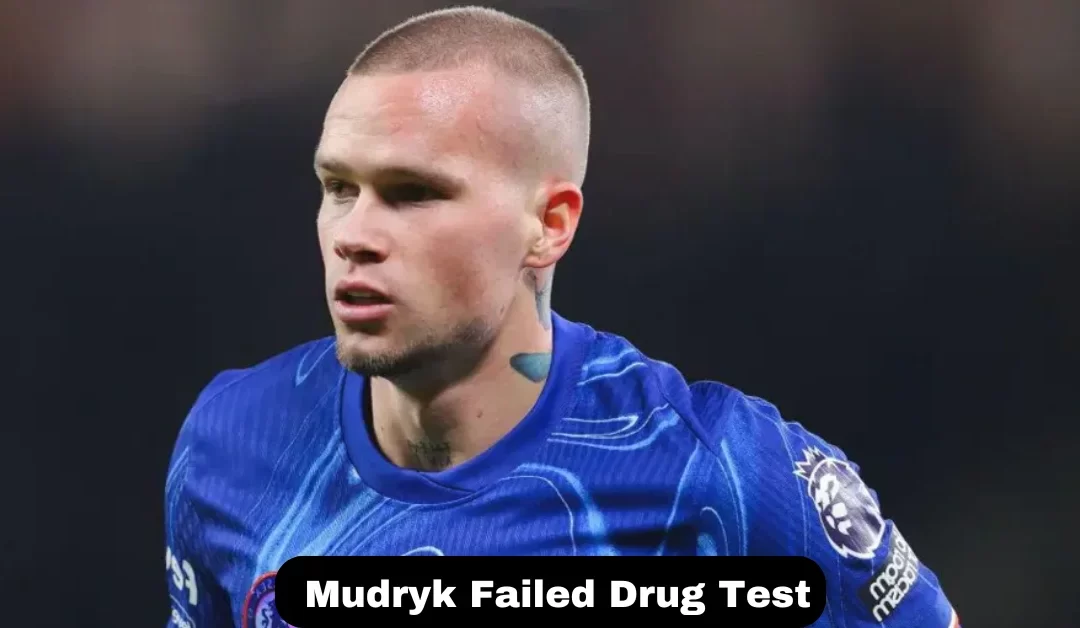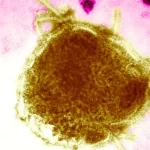In the latest news, Chelsea’s young winger Mykhailo Mudryk is facing a provisional suspension after testing positive for a banned substance during a routine drug test. The announcement has surprised both Mudryk and football fans around the world.
Mudryk, who denies knowingly taking any banned substances, has expressed shock and confusion over the situation. This development has quickly become a major topic in sports updates worldwide, as it could have serious consequences for the player and his career.
1. How the Failed Drug Test Happened
Routine drug testing is common in football to ensure fair competition and the health of players.
- Regular Procedure: Mudryk provided a routine urine sample as part of anti-doping rules.
- Adverse Result: The Football Association (FA) notified Chelsea about an “adverse finding” in the test results.
- Provisional Suspension: Following FA rules, Mudryk has been provisionally suspended while investigations continue.
The exact details, such as when the test was conducted, remain unclear, and the FA has refused to provide additional comments.
2. Mykhailo Mudryk’s Reaction
Mudryk has strongly denied taking any banned substances and says he is working to understand how this happened.
- Mudryk’s Statement: Taking to Instagram, Mudryk wrote, “This has come as a complete shock as I have never knowingly used any banned substances or broken any rules.”
- Commitment to Prove Innocence: He added that he is working with his team to investigate and hopes to return to the pitch soon.
- Support from Chelsea: Chelsea Football Club has announced they are fully supporting Mudryk during this difficult time and will work to determine what caused the failed test.
These statements highlight Mudryk’s belief in his innocence and the need for a thorough investigation.
3. Consequences of a Positive Drug Test
Failing a drug test can have serious consequences for footballers, depending on the investigation’s findings.
- Provisional Ban: Under FA guidelines, players are suspended until the case is resolved.
- Long-Term Suspension: If a player is found guilty of intentionally taking banned substances, FIFA rules allow for a ban of up to four years.
- Impact on Career: A long ban could significantly harm Mudryk’s career, especially as he is seen as a key player for Chelsea’s future.
It’s important to note that Mudryk has missed several matches recently, with Chelsea stating that he was unwell. His last appearance was on November 28, and he has not played since then. This story has sparked major interest in sports news from around the world, as fans eagerly await updates on the investigation and its outcome.
4. Impact on Chelsea Football Club
Mudryk’s situation is not just challenging for him personally but also affects Chelsea.
- Squad Disruption: As one of Chelsea’s big-money signings, Mudryk’s absence will impact their attacking options on the pitch.
- Reputation Concerns: The club’s image may face scrutiny as they navigate this controversy.
- Financial Investment: Chelsea signed Mudryk for £89 million from Shakhtar Donetsk, and expectations have been high for him to deliver results.
Head coach Enzo Maresca had previously said Mudryk’s absence was due to illness. The club will now have to manage his absence amid growing media attention.
5. What Happens Next?
Several steps will follow as the investigation into Mudryk’s positive test continues:
- Further Testing: Mudryk’s team may request additional tests to confirm or clarify the findings.
- Full Investigation: Authorities will determine whether the banned substance was taken intentionally or accidentally.
- FA Decision: Based on the investigation, the FA will decide Mudryk’s future, which could range from clearing his name to imposing a lengthy ban.
- Support for the Player: The Professional Footballers’ Association (PFA) is expected to contact Mudryk to offer support during this difficult period.
While Mudryk remains hopeful for a quick resolution, football fans around the world are watching closely for updates.
6. Anti-Doping Rules in Football
Drug testing is a strict process in professional football to ensure fair play and maintain the sport’s integrity.
- Routine Testing: Players are regularly tested throughout the season to detect banned substances.
- Strict Guidelines: Both FIFA and FA follow strict rules on banned substances, and players must comply with these regulations.
- Accidental Cases: In some cases, failed tests can occur due to contaminated supplements or medications. Players have the right to appeal and provide evidence.
For now, the latest news on this story highlights the importance of fair play and the challenges athletes face in complying with anti-doping rules. As sports updates worldwide continue to focus on this case, fans and analysts are eager to see how it will unfold.































